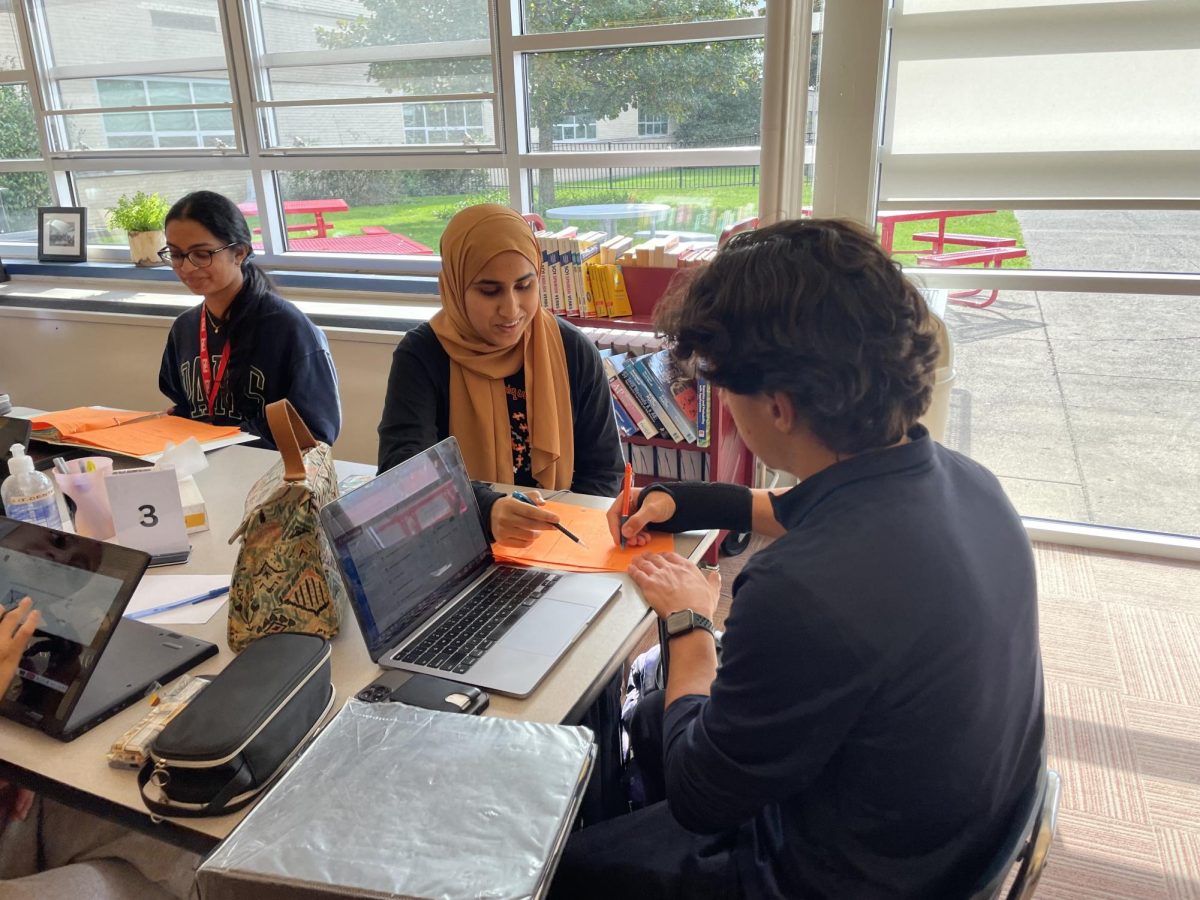Have you ever had to take a quiz on a rough day? Maybe you woke up in a bad mood, or something happened throughout your day that just ruined your mood and ability to think. Then you go into class, completely distracted, and have to take a quiz. The chances of you focusing on that assessment and performing well will not be high unless you know the content like the back of your hand. When you get the quiz back, you see you didn’t do well and are disappointed. You ask your teacher if they will offer quiz corrections because you know you can do better and learn from the mistakes that you made, but they say no.
This has happened to me a few times, and I think it is unfair for teachers not to offer quiz corrections, especially when they may be unaware of what a student is going through. Quiz corrections are also just a great way for students to learn from their mistakes.
It’s not often that I do poorly on a test, but when I do, it could be because I was having a rough day or I was not entirely prepared. I typically get good grades, and that one test I take on a bad day can harshly affect all of my hard work. It’s unfair for a single test to impact my entire grade, especially when my grade was initially high.
Last year, I had a teacher who gave us quiz corrections, but not test corrections. For the corrections, she would give us back half the points we lost on the quiz. Her reasoning for this was that we learn from the mistakes from our quizzes, and apply this to our test. It gives students an incentive to learn and correct the errors they made on their quizzes so it doesn’t happen for the upcoming test. Students are more likely to do their work and learn when they receive points for it.
I believe STEM teachers, especially math and science teachers, should offer test corrections. These subjects are the two most important classes to offer test corrections because they are more factual, with formulas to memorize, and quizzes often translate into bigger tests, making correcting and understanding your mistakes important. English and language classes, on the contrary, tend to contain quizzes that don’t often build into bigger tests and are more focused on the quick content learned as a review.
I know some teachers who are very against quiz or test corrections. They will tell students to look over the quiz and fix the mistakes they previously made. Only a handful of students will genuinely look over their mistakes because they aren’t getting anything out of it or an incentive.
Low grades often discourage students too, and seeing a bad grade can drain any motivation to try in class. Allowing students to raise their grades after quizzes can motivate them to continue to try harder and learn more.
















